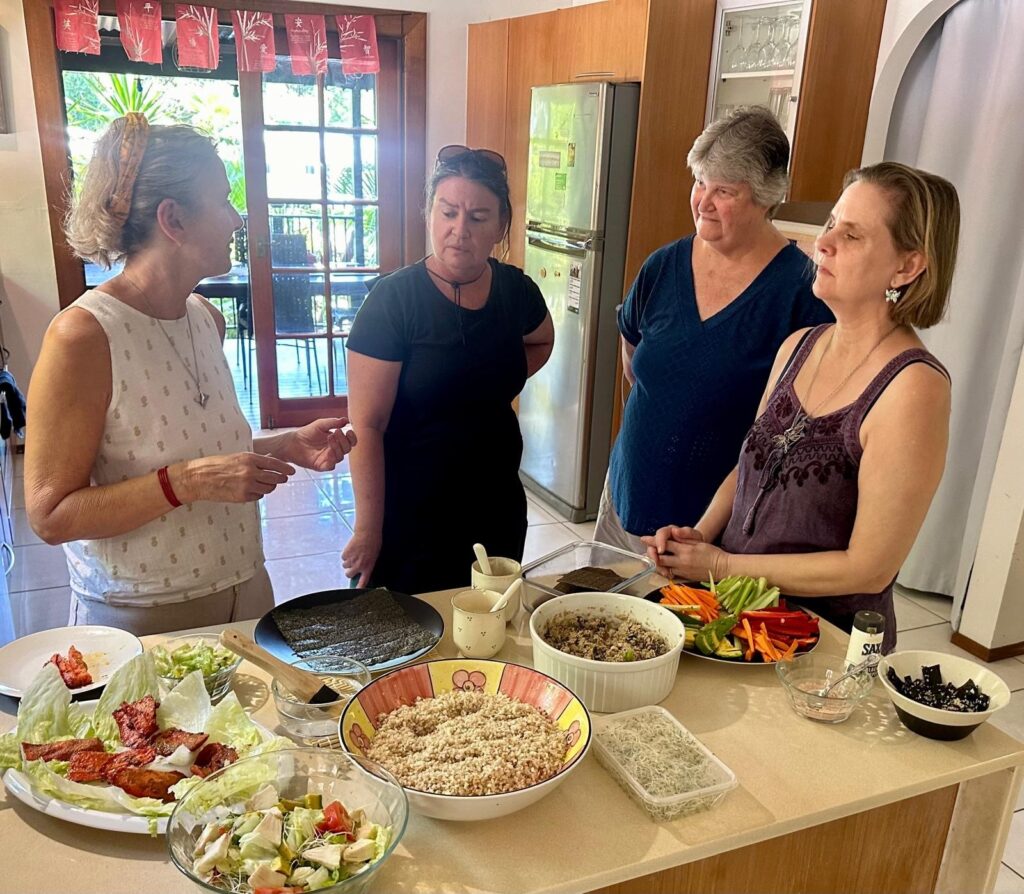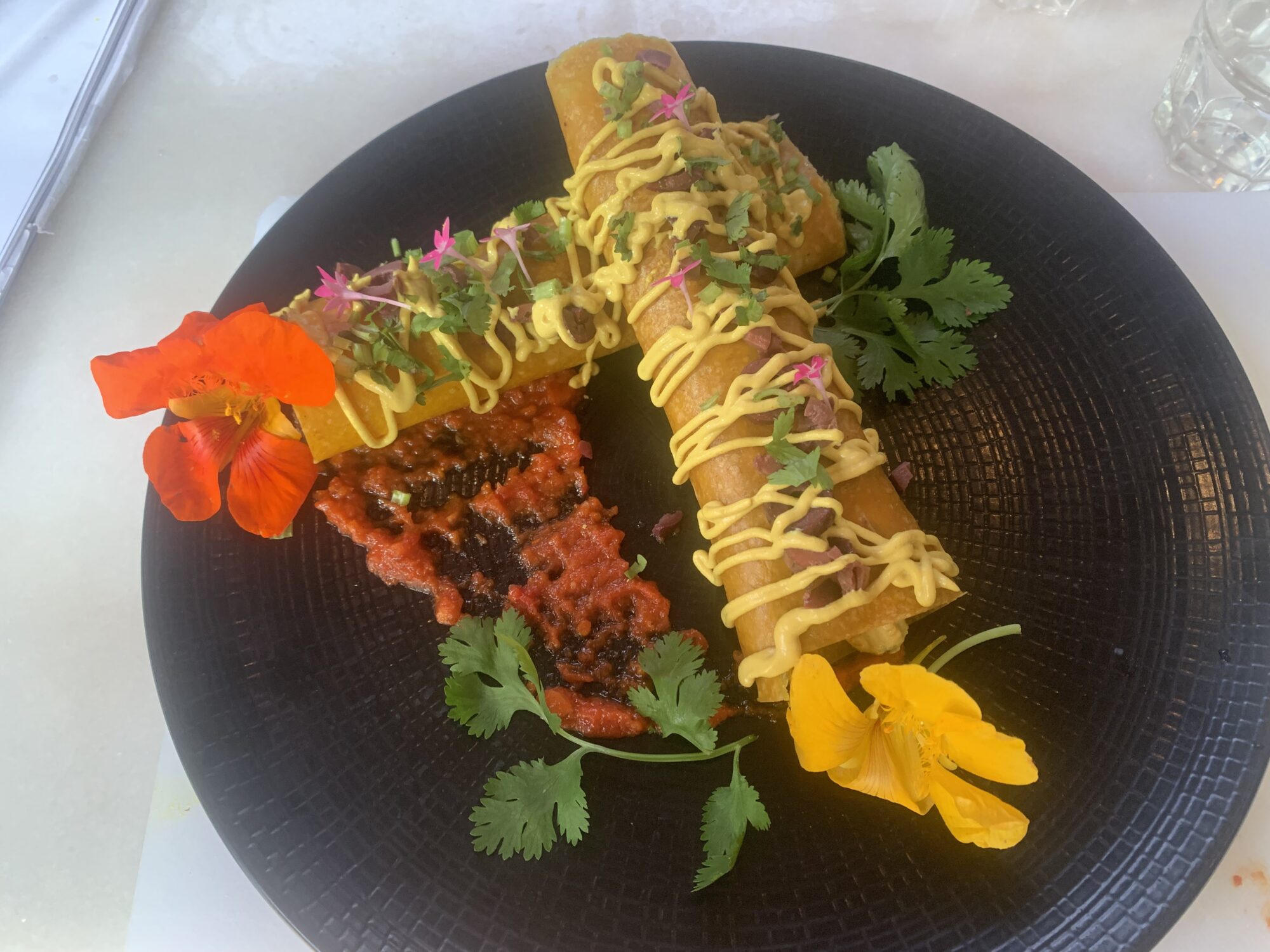Are you curious about introducing raw vegan foods into your diet? Raw foods retain more of their natural enzymes and vitamins than cooked foods, are fun to make, and can help increase your energy levels and overall vitality. Even better, they taste amazing!
Raw vegan foods are perfect for meditation and reiki practitioners and Julie now includes a selection of raw vegan foods in her Reiki courses and overnight retreats — as well as self-care retreat days.
Why not take a private class with Julie and learn to make them yourself?
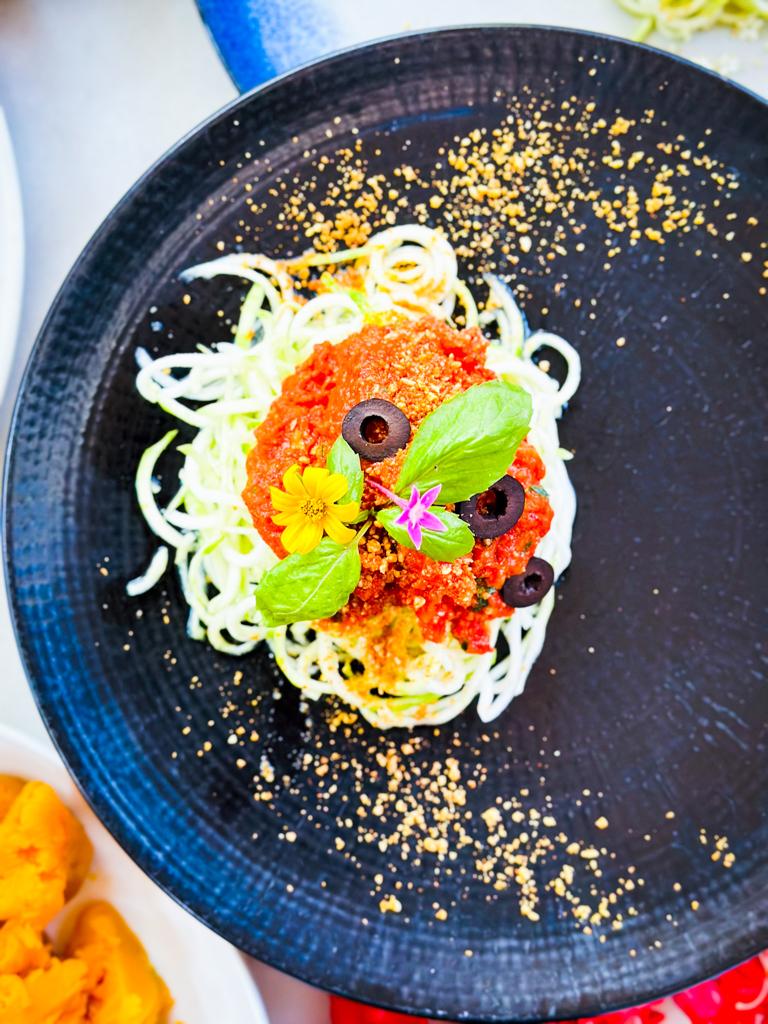
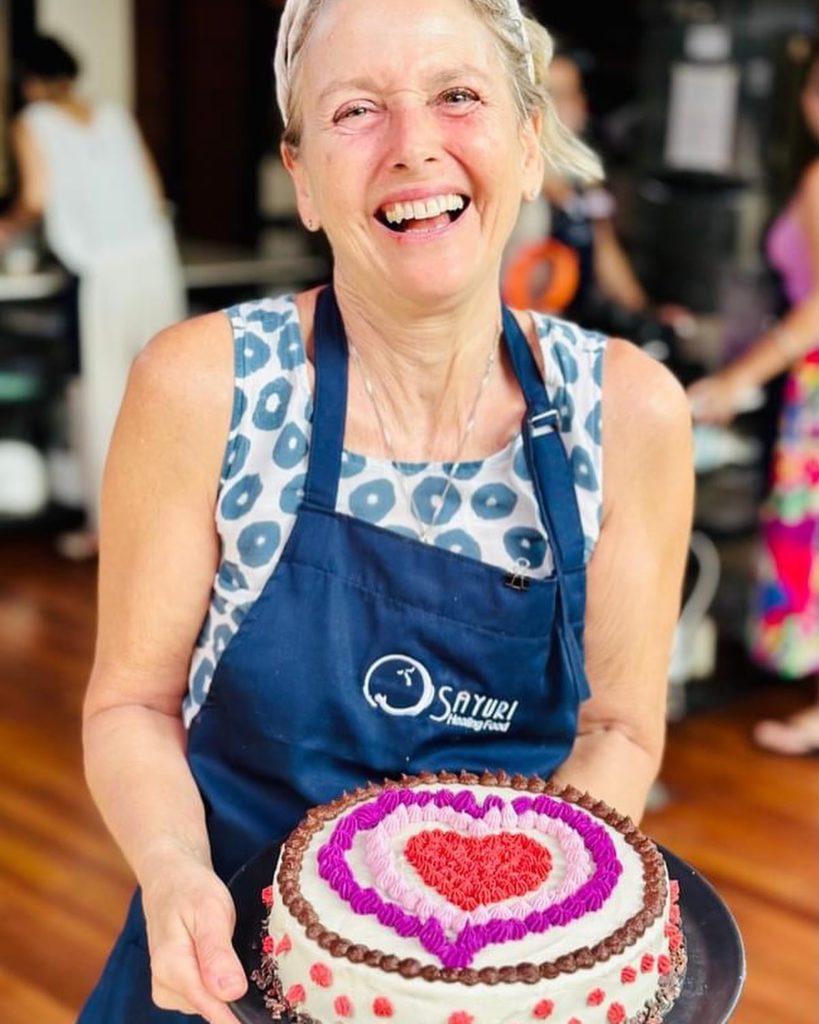
Private Classes
Julie offers one-on-one and private raw food classes for up to four (4) participants. You can learn to make delicious raw vegan smoothies, snacks, main meals and desserts. The recipes are easy to make, wonderfully healthy, and focus on local ingredients and fresh produce.
Raw vegan food classes can be conducted at Julie’s rainforest reiki studio in Cairns or your venue of choice.
For more details, email julierainforestreiki@gmail.com or phone 0438 537365. Alternatively, check the Retreat Day page for upcoming group Reiki and Raw Food Retreat Days.
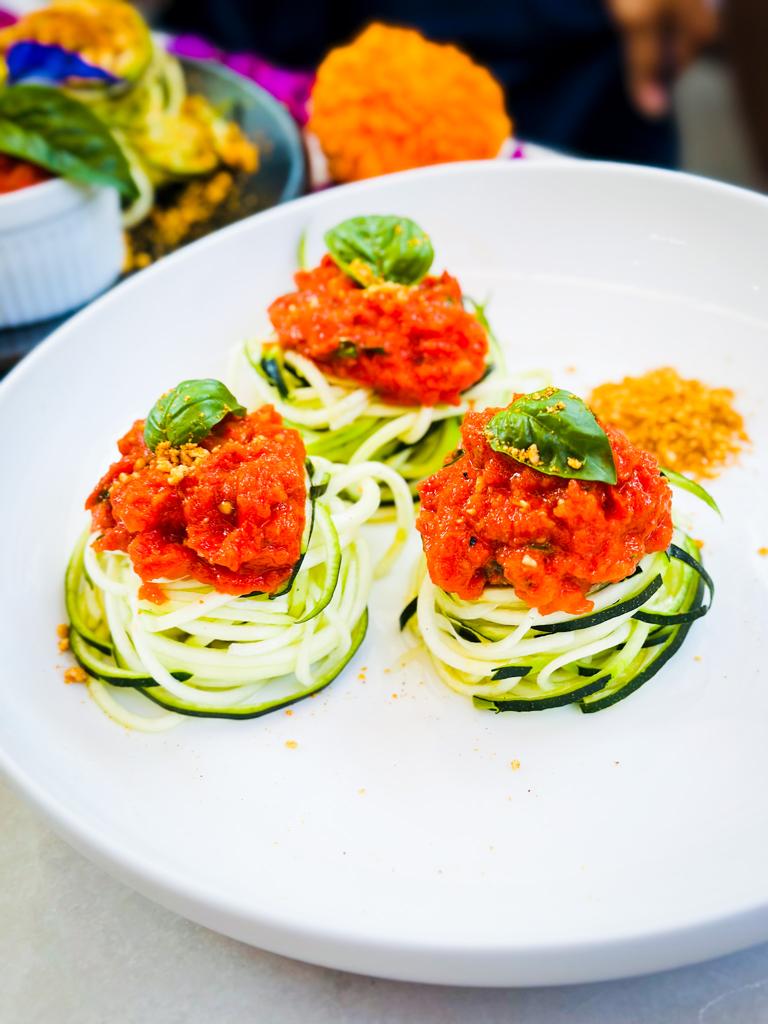
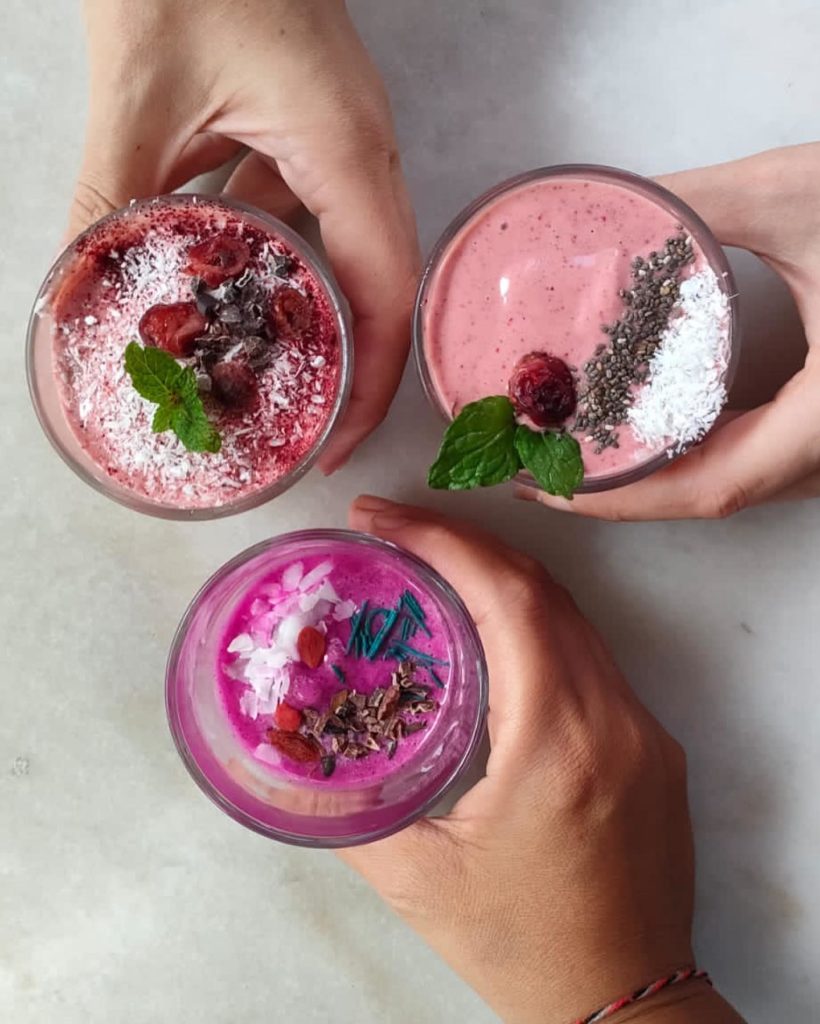
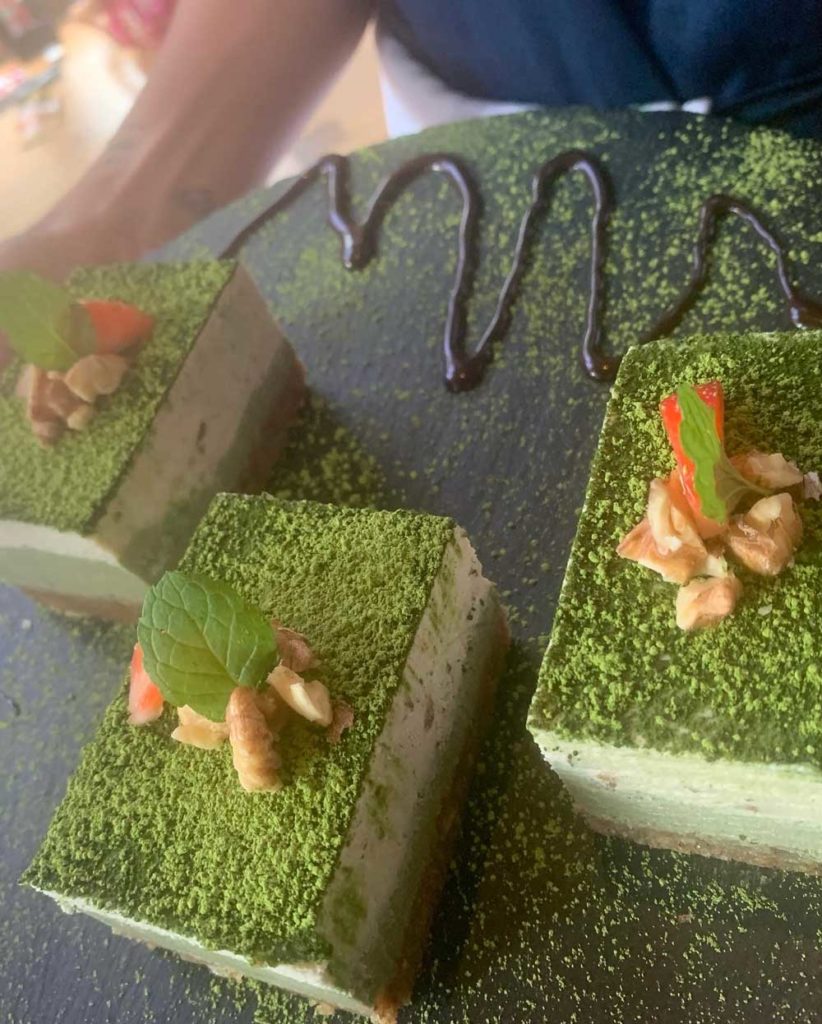
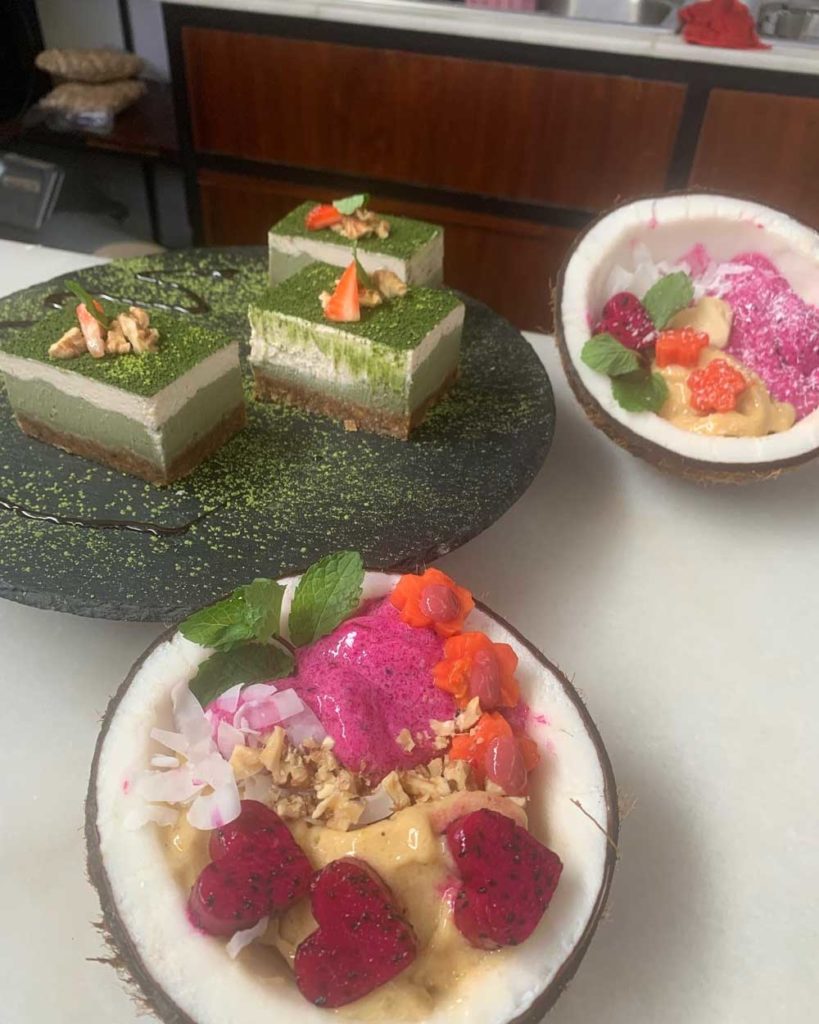
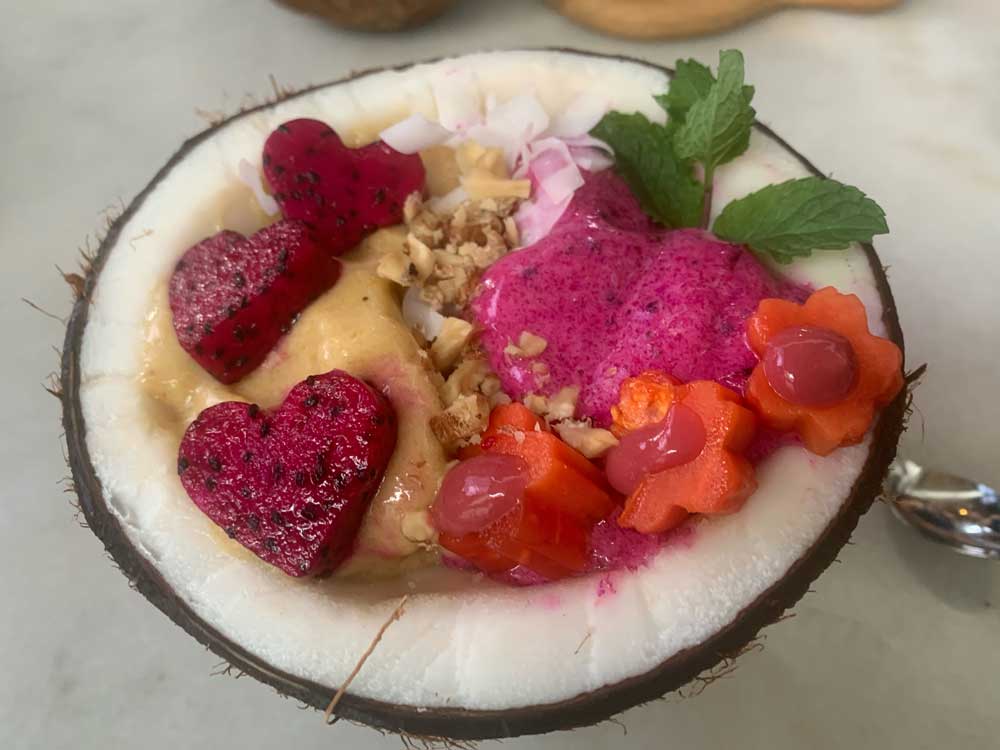
Upcoming Group Classes
Events
Private Group Classes
Keen to connect with your friends while learning how to create your own raw vegan masterpieces? Private group classes with Julie are the new way to experience friendship and wellnesss.
You can hold your group session at the Rainforest Reiki studio in Cairns, another venue in the FNQ region, or even your own home.
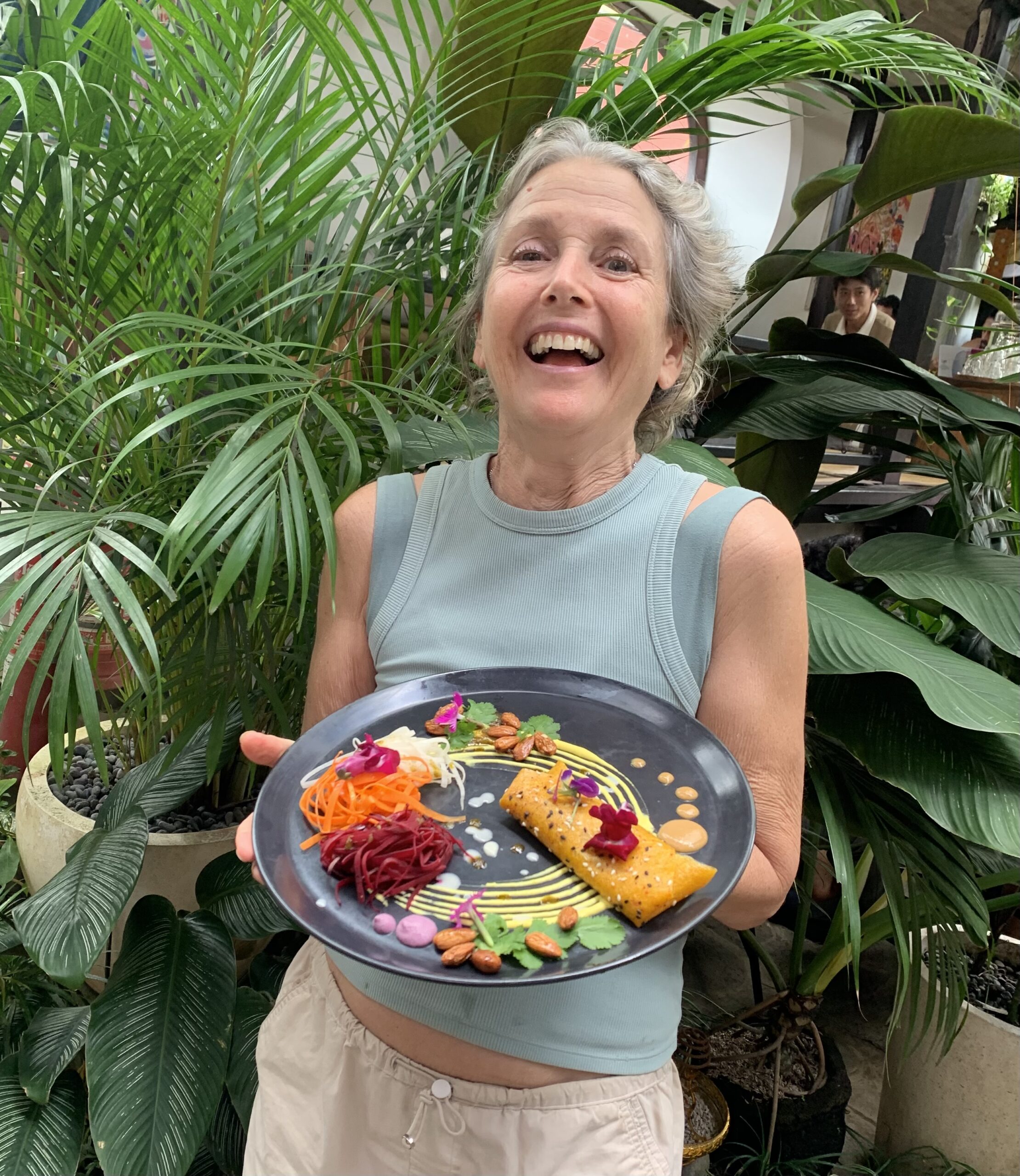
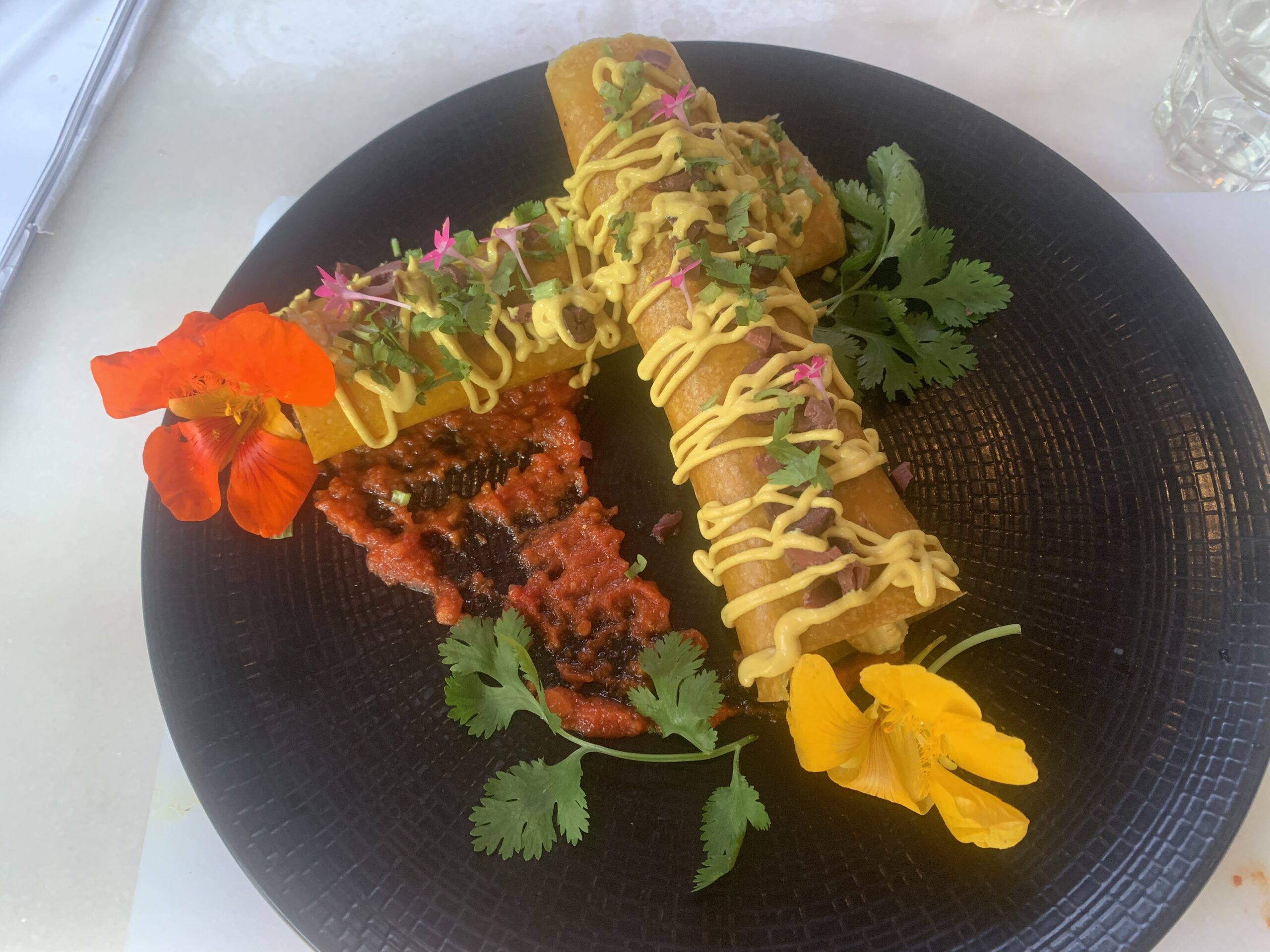
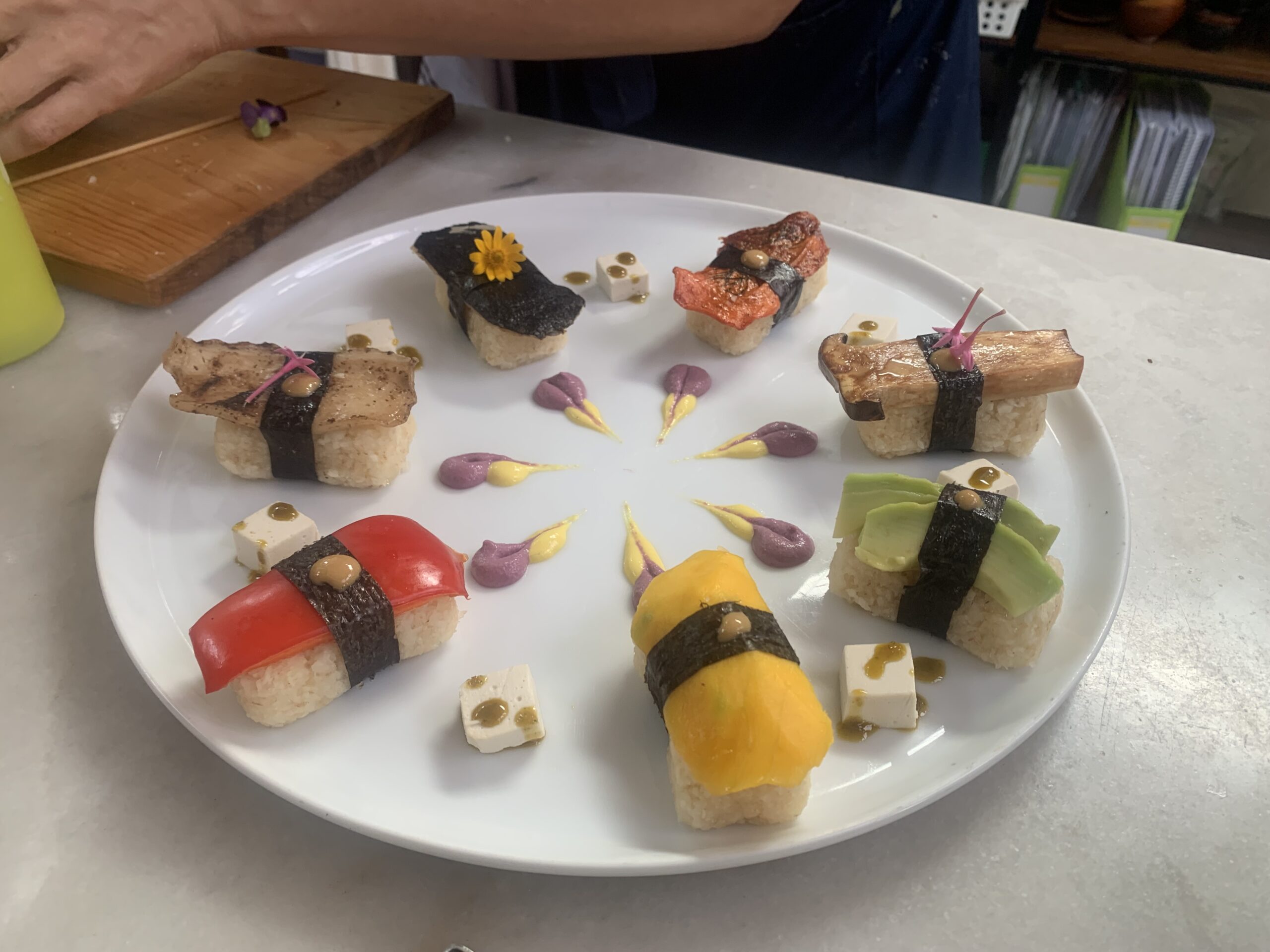
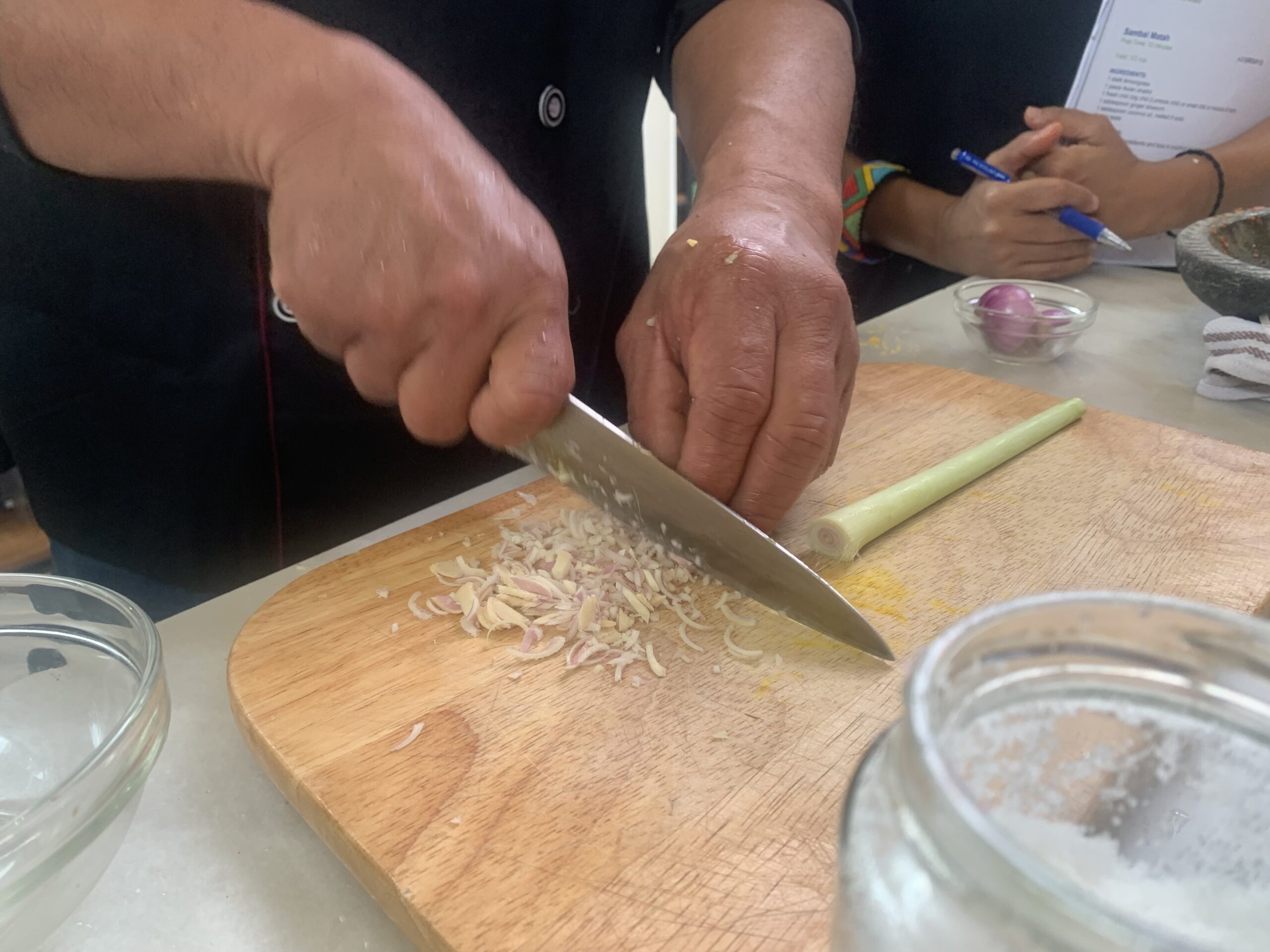
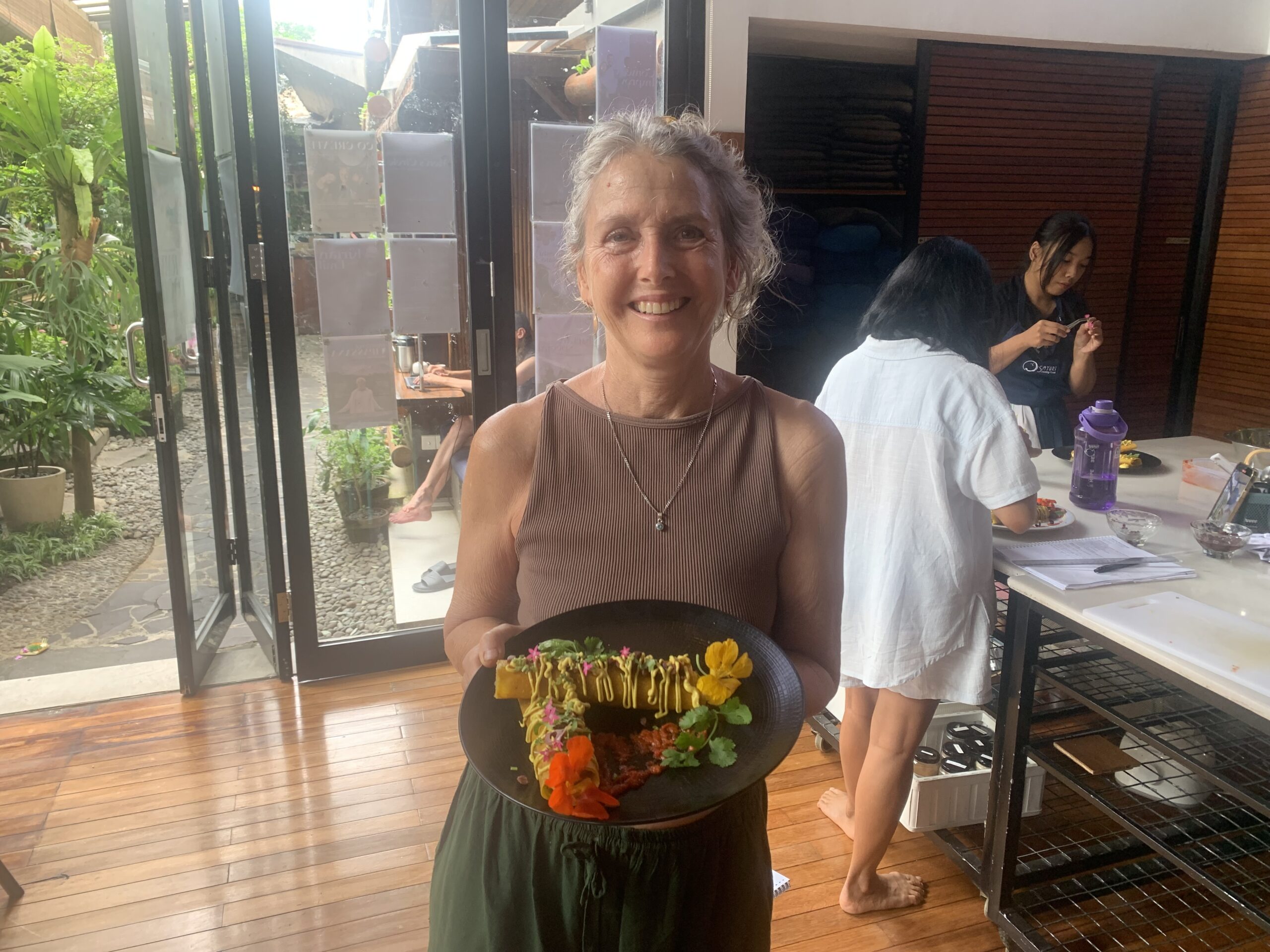
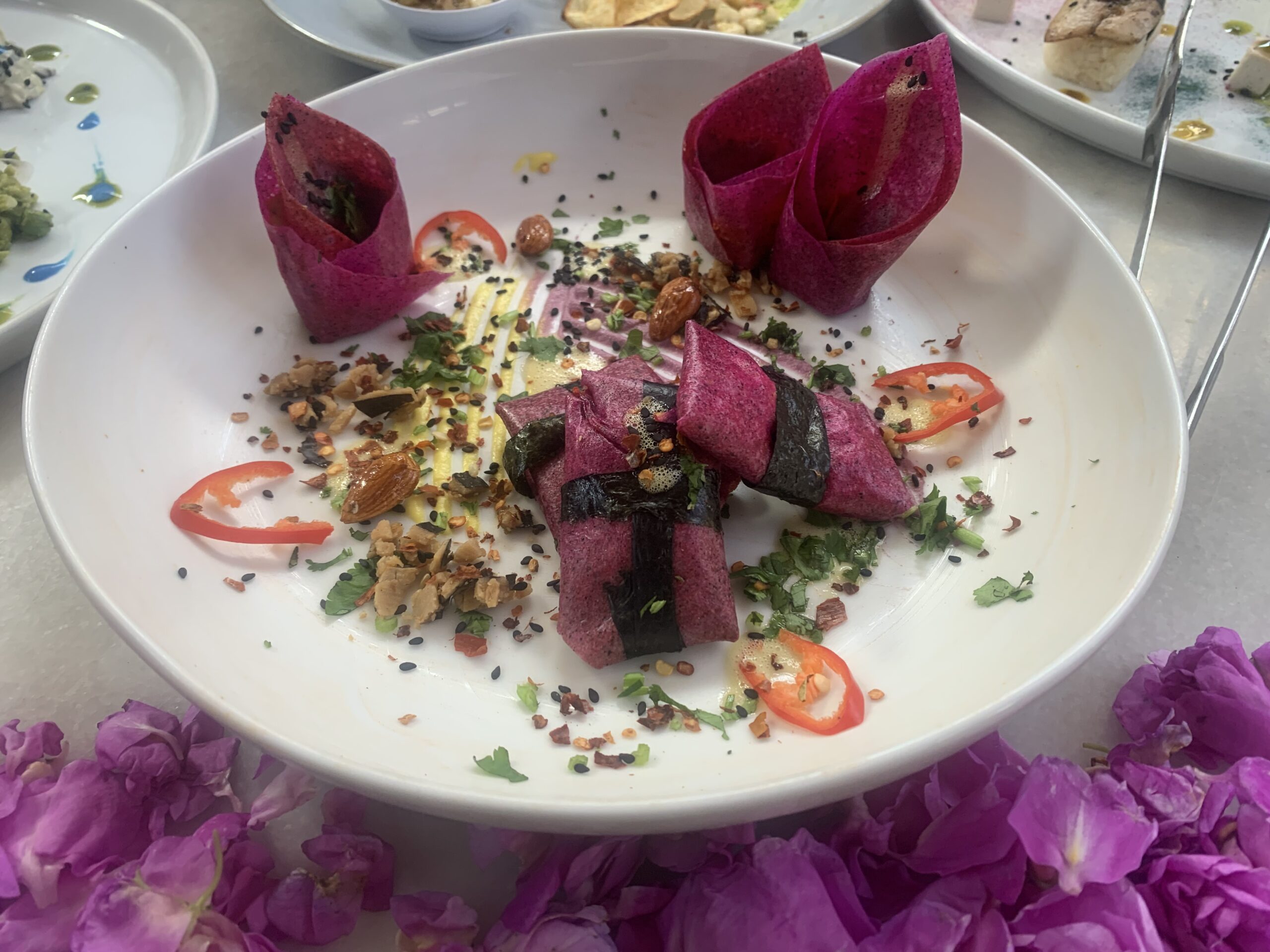
Frequently Asked Questions (FAQs) Raw Vegan Foods
What exactly is a raw vegan diet?
A raw vegan diet consists mainly of plant-based foods that are uncooked or prepared at low temperatures (usually below 42–48°C). This includes fruits, vegetables, nuts, seeds, sprouted grains, and cold-pressed oils.
Can I eat anything warm on a raw vegan diet?
Yes. Raw meals can be gently warmed—just not to the point of boiling or frying. For example, a creamy butternut pumpkin soup can be slightly heated until it’s pleasantly warm to the touch, without going over the raw threshold. Many people also use dehydrators to create warm, comforting foods like veggie crisps, seed crackers, or even pizza bases and lasagna layers, all without “cooking” in the traditional sense.
Raw food can be vibrant, satisfying, and full of flavour—it’s not all salads and smoothies (though those are great too!).
If it’s raw, why are some foods ‘cooked’ in a dehydrator or warmed up?
In the raw vegan world, “cooking” doesn’t always mean what you think. Dehydrators are used to remove moisture at low temperatures, which allows for interesting textures—like chewy fruit leather, crunchy crackers, or warm veggie burgers—without destroying nutrients or enzymes.
Some dishes are gently warmed using a stovetop on the lowest setting, or even placed in the sun or a warm oven with the door open. The goal is to make food enjoyable and nourishing while keeping it within the raw threshold (usually below 42–48°C).
This approach helps people enjoy variety and satisfaction, especially in colder climates or when transitioning from cooked food habits. It’s less about strict rules and more about creating food that feels good—both physically and energetically.
Do the raw foods contain meat or dairy?
No. All the raw food recipes, as well as the meals presented at courses and retreats, are 100% vegan.
What are some of the benefits of eating raw vegan foods?
The personal benefits I have experienced since following a raw vegan diet include:
- Feeling lighter and more energised after meals.
- No indigestion or embarrassing fluffs!
- No bloating
- Sleeping better
- No more hot flushes
- Trust that what I’m eating is healthy and clean- nothing processed.
Does Julie follow a strict raw-food diet?
No. I eat a plant-based diet that includes a range of raw food meals and snacks in my weekly meal-plan. This is a personal choice that supports my reiki, meditation, and yoga practices.
If you would like to learn more about my journey with raw vegan foods, read my blog Reiki and Raw Food Go Together like a Bird and A Feather!
Should everyone follow a raw vegan diet?
Not necessarily. Just like Reiki encourages harmony between mind and body, our approach to food should support balance—rather than labels or rigid rules.
While eating raw and plant-based has been truly transformational in my own life, I understand that everyone is different. Some people thrive on a raw vegan diet, while others feel better with a mix of cooked foods—or even a more traditional “meat and three veg” approach. And that’s absolutely okay.
During my visit to the UK this winter, I found myself naturally reaching for warming meals like hot soups alongside my usual raw dishes. That experience reminded me how important it is to stay flexible. Our bodies, seasons, and surroundings are always changing—and our food choices can reflect that.
If you have allergies, a medical condition, or specific dietary needs, it’s important to make informed choices. Please speak with your doctor, naturopath, or a trusted health professional if you’re considering major dietary changes.
Some athletes and wellness advocates swear by raw or vegan lifestyles—but what works for one person may not work for another. Trust your body. Stay curious. Make the choice that feels right for you.
What qualifications and training has Julie undertaken in raw vegan food preparation?
- Raw Vegan Dessert Training (February 2023)
- Raw Vegan Chef Training Level 1 (November 2023)
- Raw Vegan Chef Training Level 2 (July 2025)
